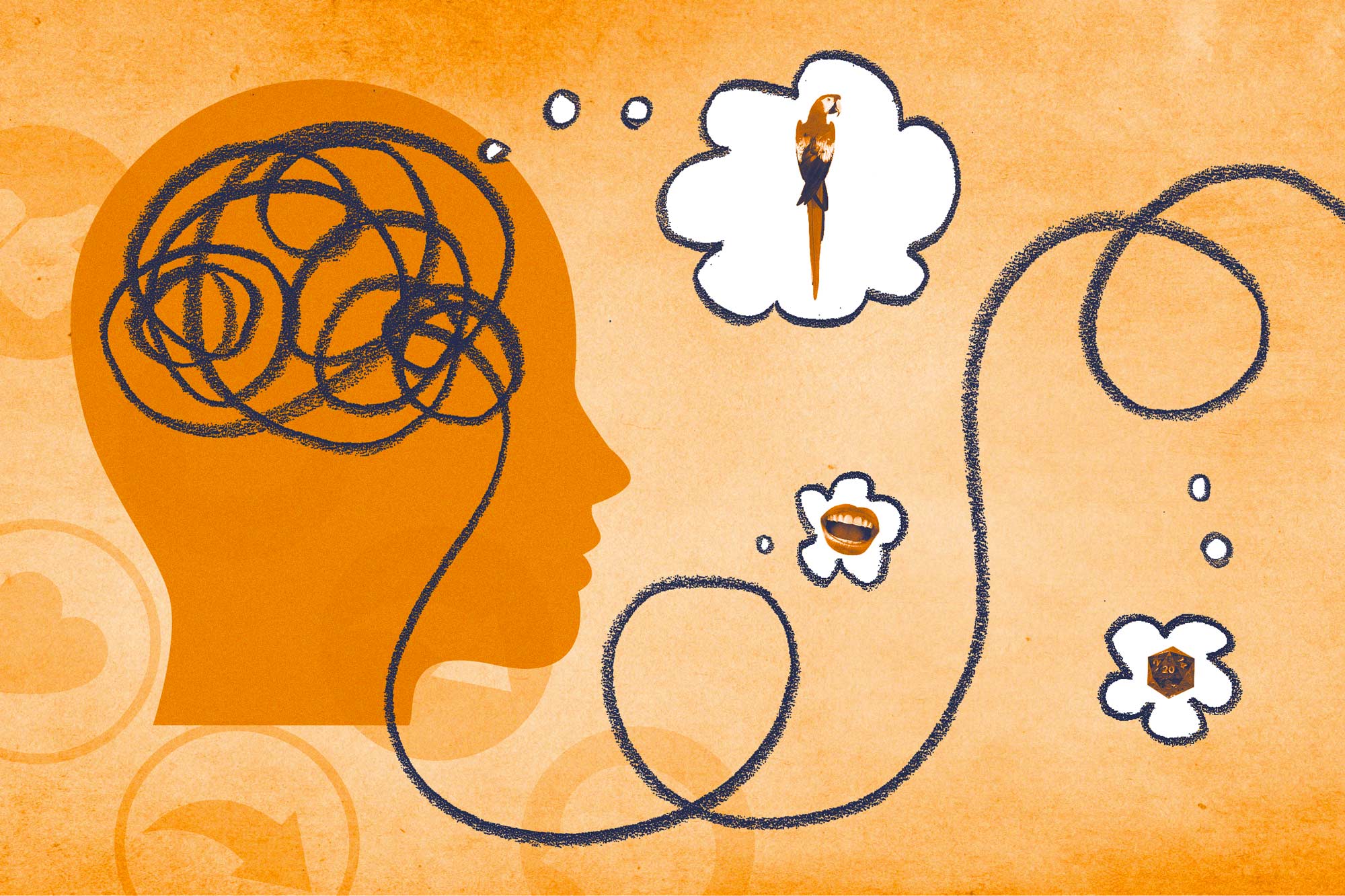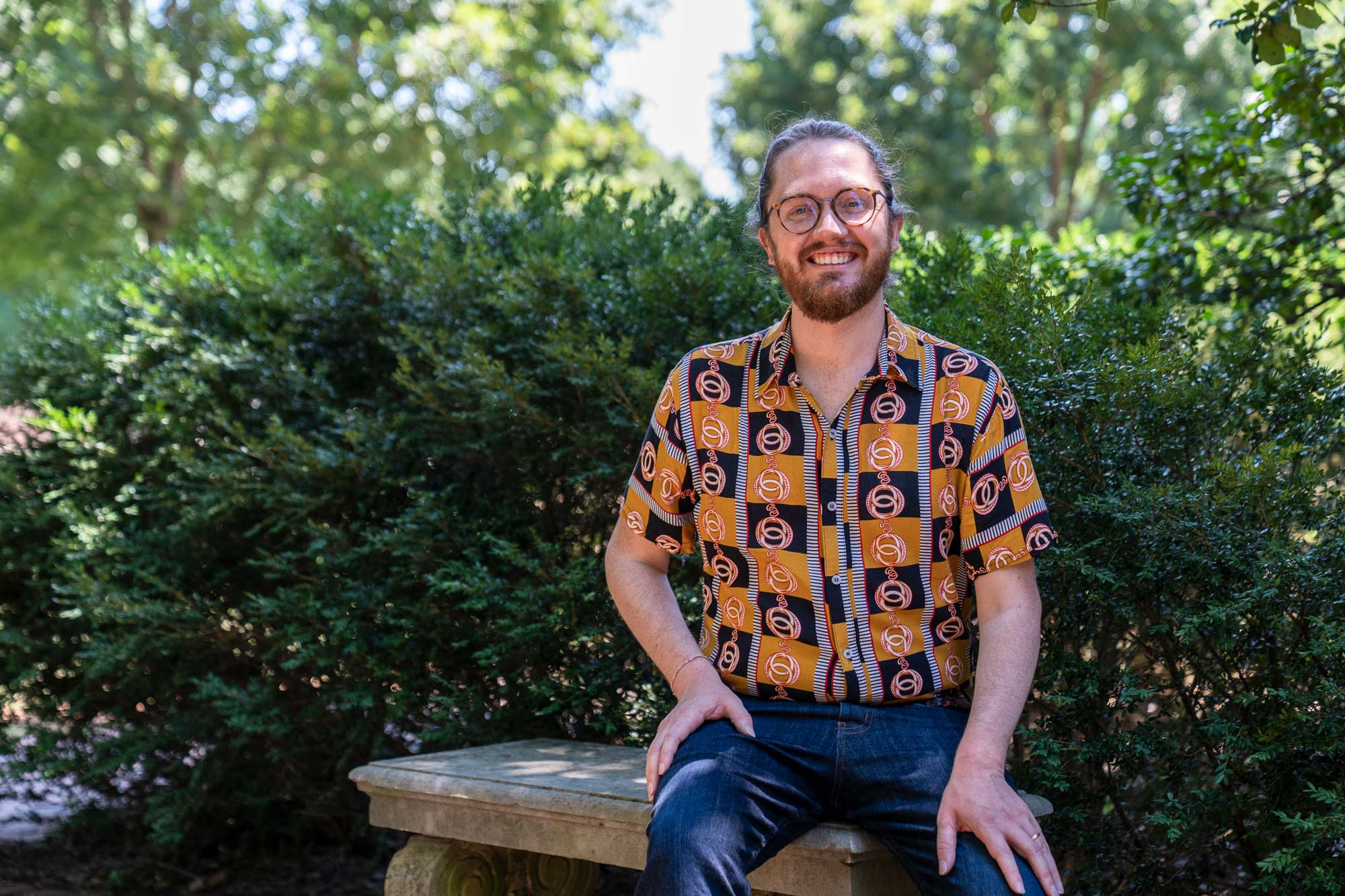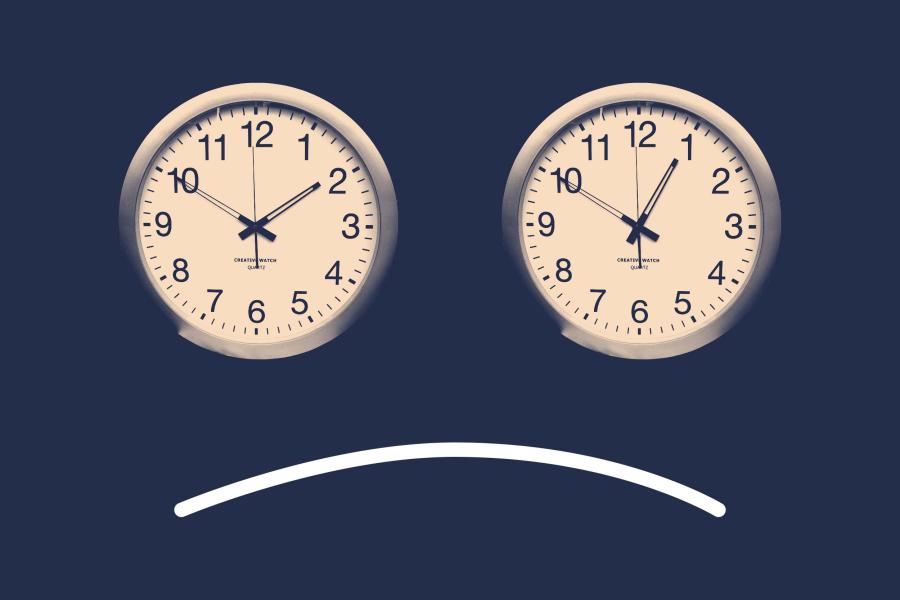He’s also teaching a graduate seminar this fall on the topic.
He spoke to UVA Today about the problem of digital distraction. He said he thinks the solution lies in tapping human spontaneity, a state of mind that’s integral to creativity and the brain’s on-off switch.
Why We Get Stuck in a Loop
Irving’s project is titled “The Spontaneity Deficit: Good Minds in the Age of Distraction.” He views tech as useful, but often antithetical to a meandering mental state, which he says the brain needs for healthy balance.
“Notifications, emails, Twitter posts, YouTube recommendations, Google Ads, texts, Slack messages, Venmo requests – such technologies are designed to place historically unprecedented demands on attention,” Irving said.
Social media environments in particular – and the algorithms that drive them – are designed to maximize user engagement. Irving argues that the algorithms accomplish this by fostering a kind of “sticky” attention that his previous work links to anxiety and other mental health disorders.
“Right now companies have ‘your brain on drugs’ versions of social media,” Irving said. “And nobody wants that when the drug just gives you an anxiety disorder. Like, that’s a bad drug.”
Irving said he dates the strong “eyes on app” mentality back to 2016 with YouTube’s and then Facebook’s algorithmic tweaks, both of which sought to increase screen time based on individual online activity.
The new customized recommendations doubled the amount of time adults spent on YouTube, compared to 2015, for example. They also resulted in headlines such this one from The New York Times: “Facebook Has 50 Minutes of Your Time Each Day. It Wants More.”
The apps were doing a better job of getting inside our heads, but that came with a cost.
“There are studies that show rates of moral outrage are much higher and that digital distractions can induce smartphone-related anxiety,” Irving said.
Why More Spontaneity May Help
Irving is the author of a theory on creativity called “the shower effect.” It states that we sometimes get our most creative thoughts while performing tasks that require fewer mental demands, such as showering or going for a walk.
Spontaneity in particular reflects both state of mind and its byproducts. Think jazz music or improvisational comedy. When a task doesn’t require a linear solution, or when there’s no task at all, the mind likes to riff, he said.






